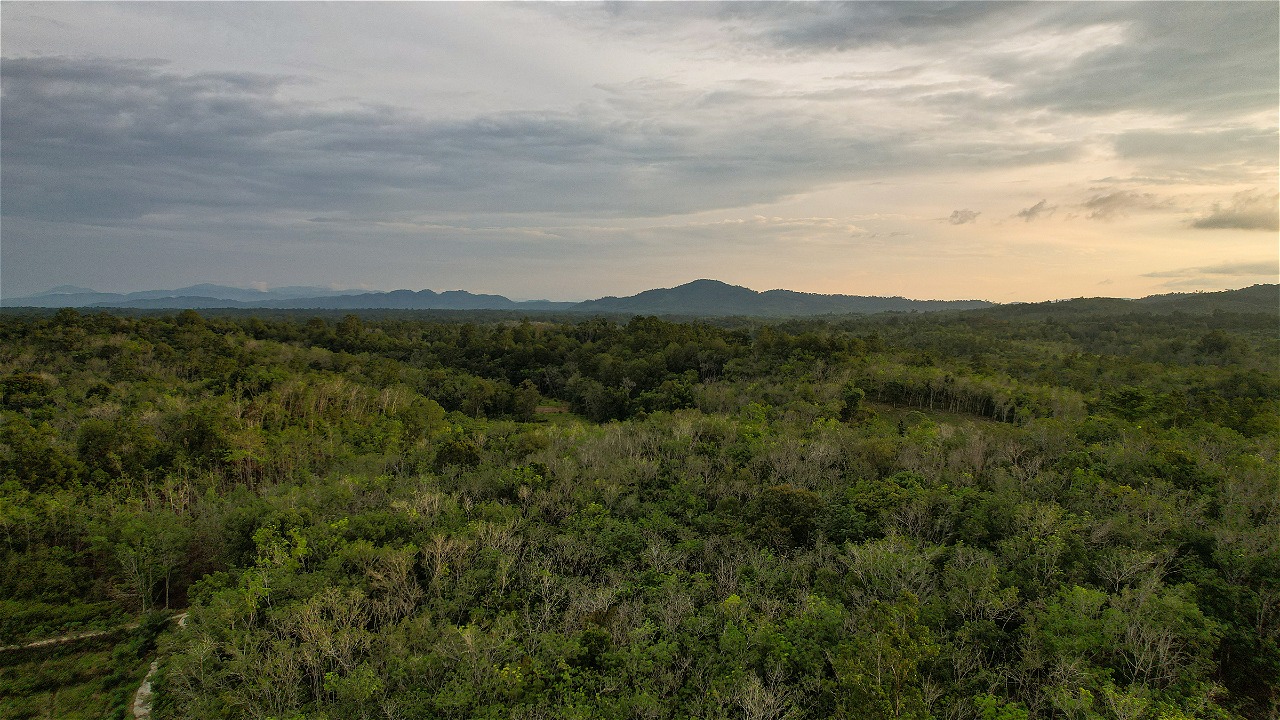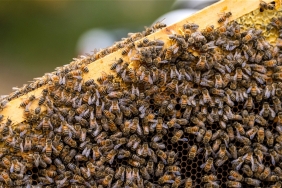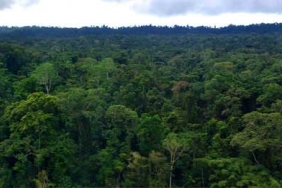FISHERIES DISCUSSION WITH AJI AND SEAFOOD SAVERS IN MEDAN
By Novita Eka Syaputri
Since the beginning of 2014, WWF-Indonesia and the Alliance of Indonesian Journalists (AJI) have collaborated to organize a one-year workshop program entitled "Better Journalism for Better Environment" in ten cities in Indonesia. The program is aimed at increasing the capacity of journalists related to environmental issues and natural resource management and sustainable development in Indonesia.
WWF-Indonesia, represented by Margareth Meutia as Seafood Savers Coordinator, was a speaker at the workshop in Medan last week. This meeting itself was the seventh time the workshop was held. The issue discussed yesterday was "Sustainable Fisheries: Understanding & Promoting Sustainable Fisheries in Indonesia". Problems and examples of cases that are often faced in capture and aquaculture fisheries were revealed, such as IUU fishing, mangrove land that is decreasing due to the proliferation of illegal aquaculture ponds, and a pile of other problems. In addition, representatives from the Directorate General of Processing and Marketing of Fishery Products of the North Sumatra Provincial Maritime and Fisheries Service (Ditjen P2HP - DKP Prov. Sumut), Lendriana Naibaho, A.Pi, M.Sc. and representatives from capture fisheries processing companies were also present.
In the question and answer session, the fifteen participants who attended were quite active in throwing questions and critical about the condition of capture fisheries and aquaculture in Indonesia, especially in North Sumatra. One journalist from Medan Bisnis shared a little story about the condition of the capture grouper fishery around Jaring Halus, Langkat. In the 1970s there were still many types of grouper that could be caught by fishermen, but now fishermen only get one type of grouper. In addition, there were also questions about certification, especially the Aquaculture Stewardship Council (ASC) and Marine Stewardship Council (MSC). Ms. Lena from DG P2HP also responded that fisheries certification is currently very much needed, especially ecolabel certification such as ASC and MSC, in order to be accepted in a wider market, such as Europe and America.
At the end of the event, Margareth Meutia said that many problems in fisheries, both capture and aquaculture, are unfinished and protracted because the stakeholders do not know enough and are not willing enough to solve them. Cooperation and goodwill are needed from all parties, not only the government and fisheries industry players, but also the community, NGOs, and media must support efforts to improve fisheries. With this workshop on sustainable fisheries, journalists are expected to produce comprehensive coverage of fisheries in Indonesia, and news about fisheries can be present more often in the media to educate the public about the importance of sustainable fisheries practices.





